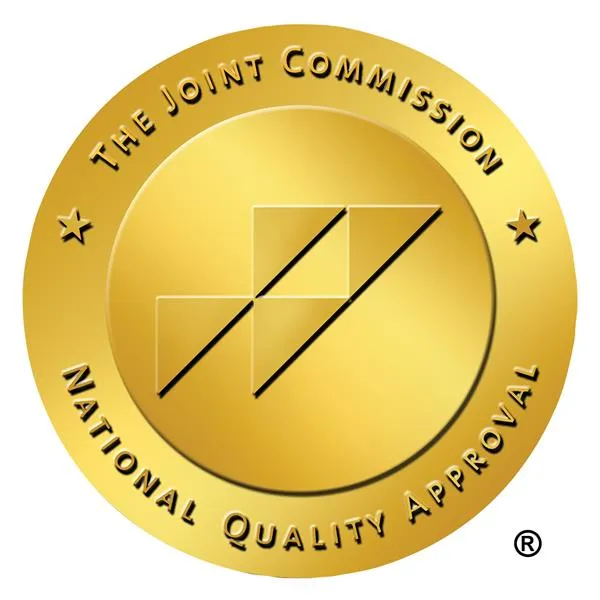Although travel nursing comes with a big paycheck and work flexibility, it’s still important for travel nurses to reduce spending, save up, and meet their financial goals. After all, it’s easy to spend more than you’d typically do especially when you’re not keeping track of your finances and your monthly income is not a fixed amount, the latter being a typical experience for travel nurses who work on different assignments with varying pay.
Saving money is essential in ensuring financial security and freedom, allowing you to meet your life goals and handle unexpected expenses. Unfortunately, a large chunk of the population, specifically 60%, have US$500 or less in their savings accounts.
Budgeting and setting a goal can help you make the most of your travel nursing career and even allow you to save up enough to pay off student loans, buy property, and travel the world. We provide helpful and practical tips to save money, helping ensure that you minimize expenses and maximize savings while working as a travel nurse.
Find affordable and comfortable housing
In August 2023, the average monthly rent price in the US was US$1,372. Even though rent prices vary per state, travel nurses working with reputable travel nursing agencies get financial assistance for housing-related expenses. At Meda Health, travel nurses and allied health travel professionals enjoy housing stipends and tax-free travel and meal reimbursements for every assignment, which can be used to find accommodations that work for them.
When looking for housing options, try to stay at a hotel so you can scout the area before deciding on which place to rent for your assignment. Check out options from online housing marketplaces that offer short- and long-term furnished housing, such as Furnished Finder, Airbnb, Vrbo, and Landing. If you prefer to stay at a hotel, look for nearby extended-stay hotel options or ask the hotel manager if the hotel has discounts if you stay there longer.
If you’re comfortable living with someone else, consider renting a room, or if you know other traveler nurses who will be assigned to the same facility, consider sharing a place with them to cut costs.
Remember that even though you want to save money on the housing option you choose, you should always prioritize your safety, proximity to the facility, and comfort.
Assess your travel options
If you find a place near your facility, walk or bike to work instead of renting a vehicle or driving your own. Americans, on average, spend almost US$10,000 on gas, maintenance, and car insurance yearly, and it’s safe to say that people who walk or bike to work will save hundreds or thousands of dollars on gas alone.
Not only is walking or biking to work financially beneficial, but it’s also a better option for your health. Research shows that for every 2,000 steps, the risk of heart disease, cancer, and premature death is reduced by 10%. The same research also shows that walking 9,800 steps daily can reduce dementia risk by a staggering 50%.
Track your expenses
The best way to know how much money is going in and out of your account is to track your expenses. Start with a simple spreadsheet: Review your credit card and bank statements for the past three months and write down how much money you’re making and how much you’re spending, such as your food, house rent, utilities, food, transportation, insurance, and entertainment. Feel free to use a notebook, spreadsheet, or a budgeting app such as Rocket Money, Honeydue, and Empower. The important thing is to know exactly how much you’re spending on what to help you make informed and intentional decisions on what to keep, reduce, or cut out (such as unused streaming services or memberships) when it comes to your spending habits.
Be a smart shopper
As a nurse, you need comfortable and reliable scrub sets and rubber shoes to support you as you work on your feet for several hours daily. And because these items can cost you a few hundred dollars, it’s best to buy them when big sales typically happen, such as Amazon Prime Day, Labor Day, Black Friday, and Cyber Monday.
Another big thing that you can save money on is groceries. On average, an American spends $5,703 a year on groceries alone. You can save money when you buy groceries by checking store apps for coupons and discounts, creating and sticking to a grocery list, saying no to pre-chopped fruits, vegetables, and poultry, and opting for generic or store-brand versions.
Pack your lunches (and your coffee!)
Not only does packing your lunch save you money, but it can also be good for your overall health. When you prepare your lunch, you have more control over the ingredients that make up the food you eat, so if you’re following a high-protein or a low-calorie diet, you can prioritize healthy recipes that will keep you full and content at work.
If you’re staying at a hotel or a motel without cooking facilities, you can opt for healthy premade meal delivery services such as CookUnity and Factor.
You can also save money, possibly even thousands of dollars, by making coffee at home and bringing it to work.

